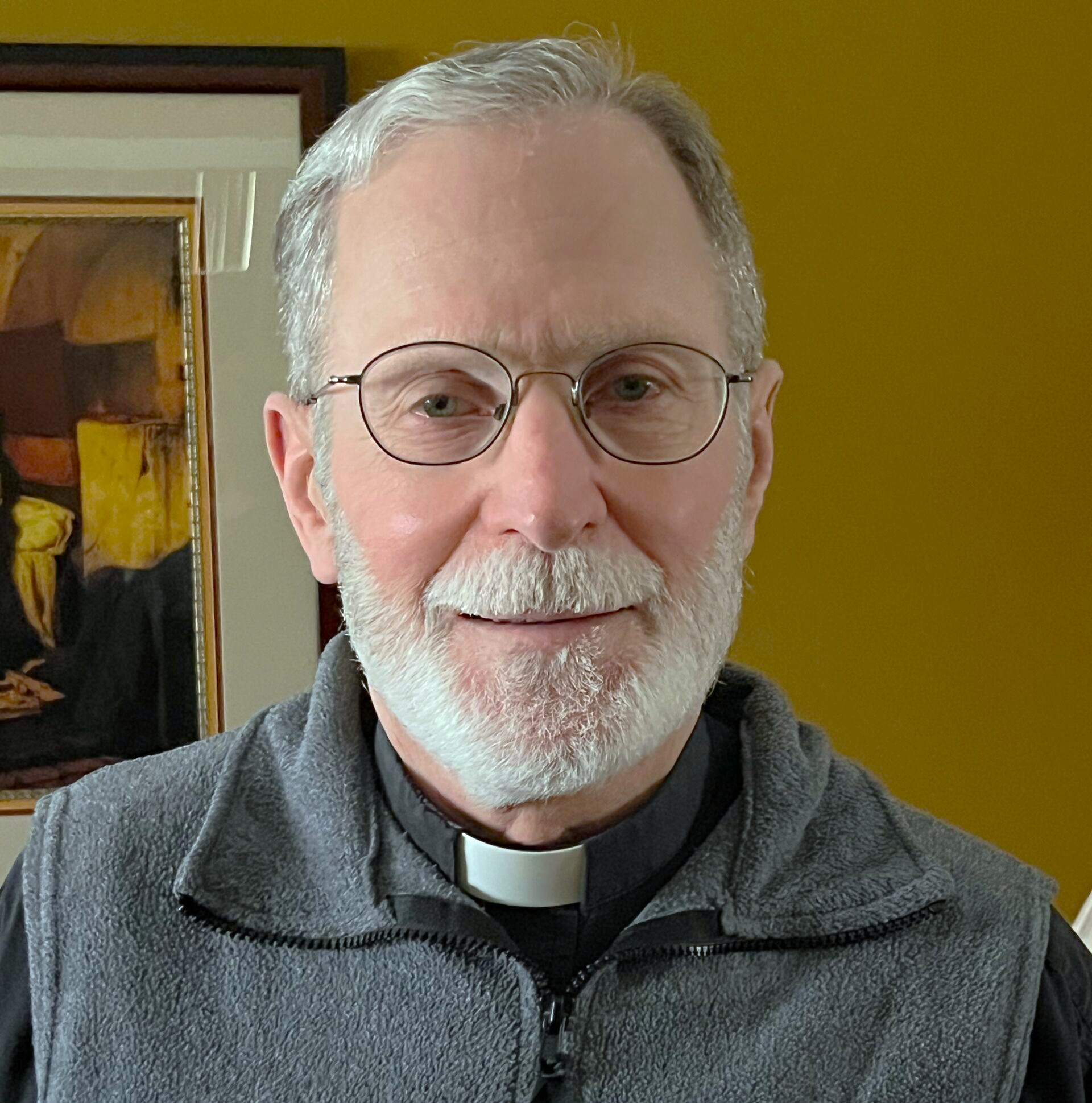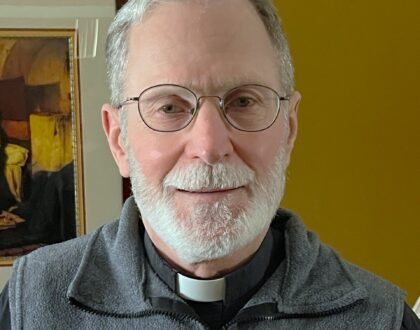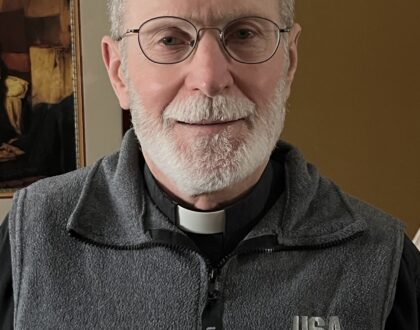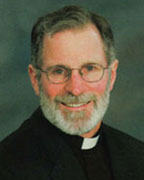Homily, March 30, 2025

From The Pastor
A common theme used by parishes during the Lenten season is “Coming Home.” This is a very apt expression of the purpose and the intention of this holy time of year. As a program, “Coming Home’ is an invitation to return to the Sacraments and reengage with a faith community. This is a good thing; however, there is a more foundational action to which we are invited.
Coming home is to come home to God. The only way to come home to God in a meaningful way is to come home to the self. The religious word for this is conversion, yet conversion has many faces and meanings, none of which can be accomplished without coming home to oneself. True spiritual conversion is a realization or awakening to the love God has already given and is present in every human being. Often through a painful or diminishing experience in the realization that a change is needed, the person is forced to look at them self in a humble and honest way.
God is present in every conversion that leads to an awakening of the heart and soul of a person in the realization of their sin, selfishness, or failure. God is ready and willing to offer mercy through true forgiveness. Historically and as a pattern in the story of our salvation, God lifts the reproach of sin against the Israelites as they enter the Promised Land and eat the produce of the land. Their journey home to God is now realized. As an act of forgiveness God ‘removes the reproach of Egypt from you.’ In other words, God cleanses their conscience and heals the trauma of their slavery in Egypt, so they know in their hearts they have become the People of God. They are free to live a new life.
This account is effectively paired with the story of the Prodigal Son. It is a familiar story well known to us. Yet it remains a powerful expression of human nature and God’s response to the disorder of our sin. The story is timeless and effective in every generation.
Jesus intentionally frames the story to make his point. Notice it is the tax collectors and sinners who are drawing close to listen to Jesus. Why? They know they are sinners, not in right order with God, or the religious laws given them. Yet in Jesus they see compassion, acceptance, and forgiveness. If you were lost in sin, wouldn’t you go to the Lord with hopeful trust to find freedom?
This image is set against the Pharisees and Scribes who complain with self-righteous judgement that Jesus is welcoming sinners and eating with them. These ones presume to have no sin in their capacity to keep Laws they themselves created in God’s name. Jesus intends to expose their hypocrisy in the contrast of the two brothers in his story.
The younger son wants his inheritance, all but saying he wishes his father were dead. His disdain is gross, selfish, immature, and shameful. He is an easy target for our judgment. Gaining what he wanted, the young man goes off to find himself and discover his path in life. Clearly, he is ill-directed and loses his way. Rather than finding himself, he has lost what he thought he had. The young man is empty, unknown to himself, feeling shameful, and finally hitting bottom. He has lost everything, needing to tend pigs to survive.
In his crisis there is an awakening. A new realization of his father and the stability of life he could have at home. He comes to a humble admission of his ignorance and finally thinks beyond his selfish wants. He prepares his words of contrition and heads home. His father has been longing and pining for this day, sees the boy, runs out to him with compassion and a warm embrace. The boy admits he is wrong and is immediately welcomed home. A great celebration ensues. His sins are forgiven, he is at last home to his father. His reproach is removed. Now at home, he is filled with renewed hope.
At this point, the sin of the older brother is exposed. On the surface, he is a picture of righteousness as he explains his obedience to his father. What is hidden is his disdain for his father with resentful judgement and jealousy toward his brother whom he disowns. Now it is he who, through his own doing, is on the outside looking in. The father comes to him as any good father would. He pleads with him to understand the joy and grace of having his brother home. He would hear none of it. In self-righteous judgement, he separates himself from father and brother. His sin remains in his refusal to ‘come home’ to himself by forgiving his brother and honoring his father.
In reality, there is a prodigal one in all of us, as well as an older brother. We all want to be the one, yet often enough act like the other. The story is about the father, is it not? The father is God who holds no reproach against us. We already have the mercy and forgiveness of the Divine Son who freely and lovingly gave his life so that we could come home. Will you accept this offer of welcome by the Lord? Accepted by your heavenly Father, will you forgive yourself and others and freely come home?
Father John Esper
Recent Sermons

Homily, March 23, 2025
March 20, 2025

Homily, March 16, 2025
March 11, 2025

Homily, March 9, 2025
March 06, 2025

